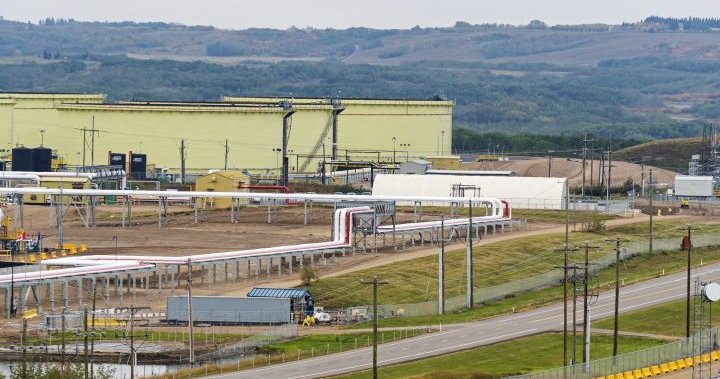Does anyone feel optimistic about the Alberta economy and Calgary specifically for 2020? I consider myself a realist rather than a pessimist however...
- the price of oil & gas continues to languish and none of the forecasts I have seen indicate that either will recover appreciably next year
- there will be little progress on TMX, meaning it is still 2-3 years away from being fully operational, and that is if construction goes full bore next year
- Keystone XL continues to drag on in the U.S. The addition of Line 3 will help a little but there are too many Alberta oil companies that need more pipeline capacity. It just is not enough
- new LNG plants will not be operational. There is some sentiment that by the time they are up & running, it may be too late to capture a decent share of global exports. Meanwhile the U.S is light years ahead of Canada in this initiative
- foreign investment in oil & gas infrastructure has disappeared. Alberta based companies have reduced their capital spending in the province.
- the U.S is not nearly dependent on Canada for oil & gas as it once was. Other than heavy oil which they don't produce, they are merely supplementing other forms of energy with Canadian imports. On a 'whim' from Trump & crew, these could be sourced from anywhere other than Canada.
- the agriculture industry has been 'wacked' by China trade interruptions, and weather related set backs
- the unemployment rate in Calgary, particularly in good paying job sectors, is still very high. That means still fewer people will be migrating to Calgary. Hence, new home construction is not expected to increase next year
What scares me most is the apathy that seems to be pervasive in the rest of Canada, outside of Alberta & Saskatchewan. Many Canadians, at large, seem to be shrugging their shoulders. They seem to think that we don't need an energy industry in Canada. This is all part of the plan to eliminate fossil fuels. This sentiment is not helped by the lack of vision and leadership at the federal level when it comes to energy policy. Where do Albertans look for confidence??
I am a modest optimist about 2020 and extremely optimistic about 2030 in this city. My arguments:
1)
Life is good here. We continue to enjoy an extremely high quality of life for an extremely low cost relative to other places to live. I more or less agree with the Economist's global livability rankings, that consistently calculate that Calgary is one of the top 10 cities in the world in terms of stability, healthcare, culture and environment, education and infrastructure. I've visited 9 of the 10 and while you can quibble about the order the general thrust lines up with my experiences.
2)
Life is cheap here. When you look at the other cities on that list, the average cost of housing is 2x Calgary, and the average cost per square foot is 3x Calgary.
3)
Despite all the challenges, the economy is pretty good. With all the bad signs (lower oil prices, rock bottom gas prices, no progress on pipelines, LNG still a ways off), Calgary unemployment is only about 1% higher than the Canadian average, and way below most European cities. Salaries are more than 20% higher than the Canadian average.
4)
We attract smart people. Even in a relative economic trough, we have 10,000 people per year voting with their feet and moving here. Both our international and our internal migrants are more highly educated and employed at higher rates than immigrants to similar European and American cities.
Given all these positives, I predict that while oil and gas will continue to drift sideways, the balance of the economy will perform well and we will see modest improvements in the unemployment rate, downtown vacancies, and housing prices.








